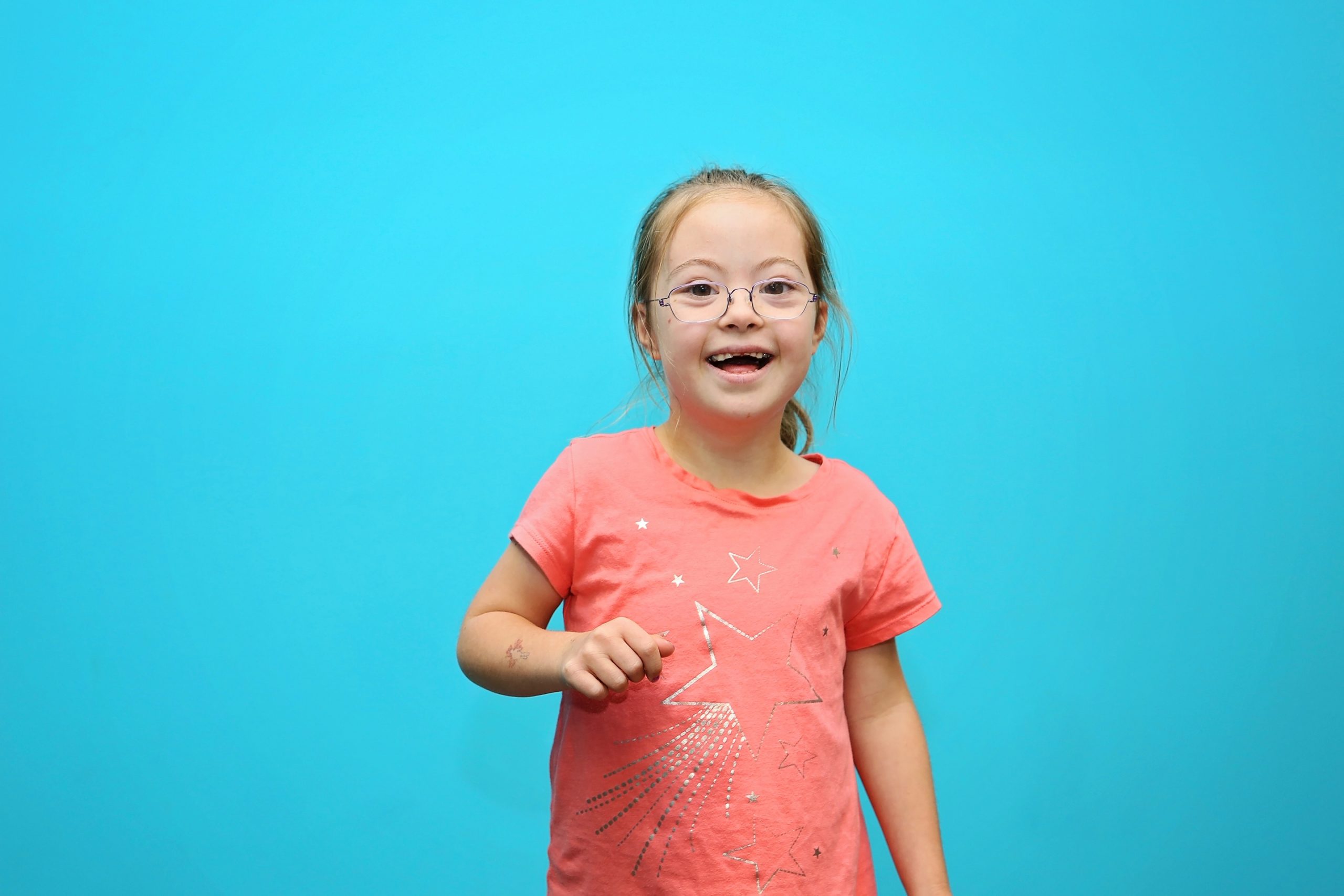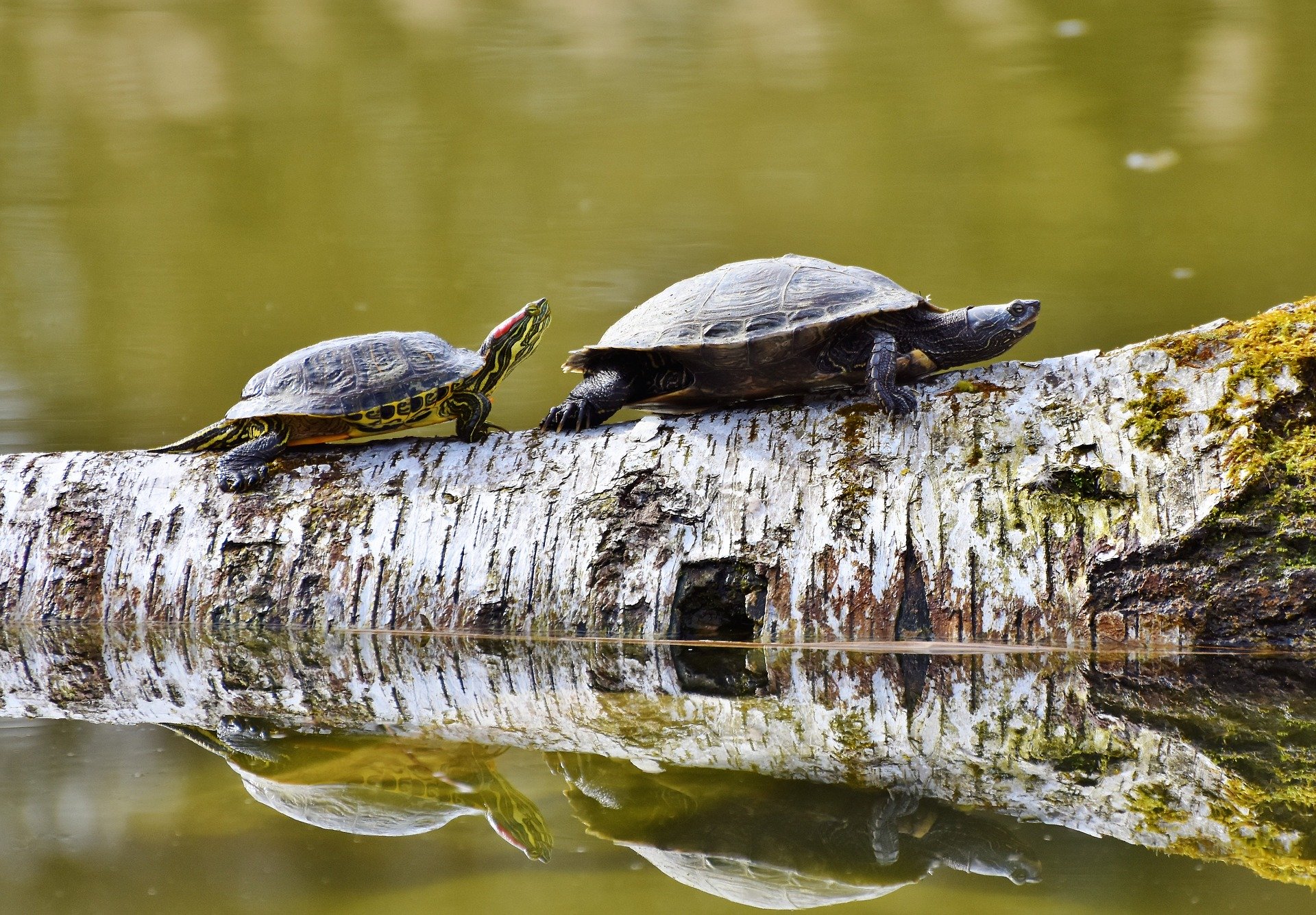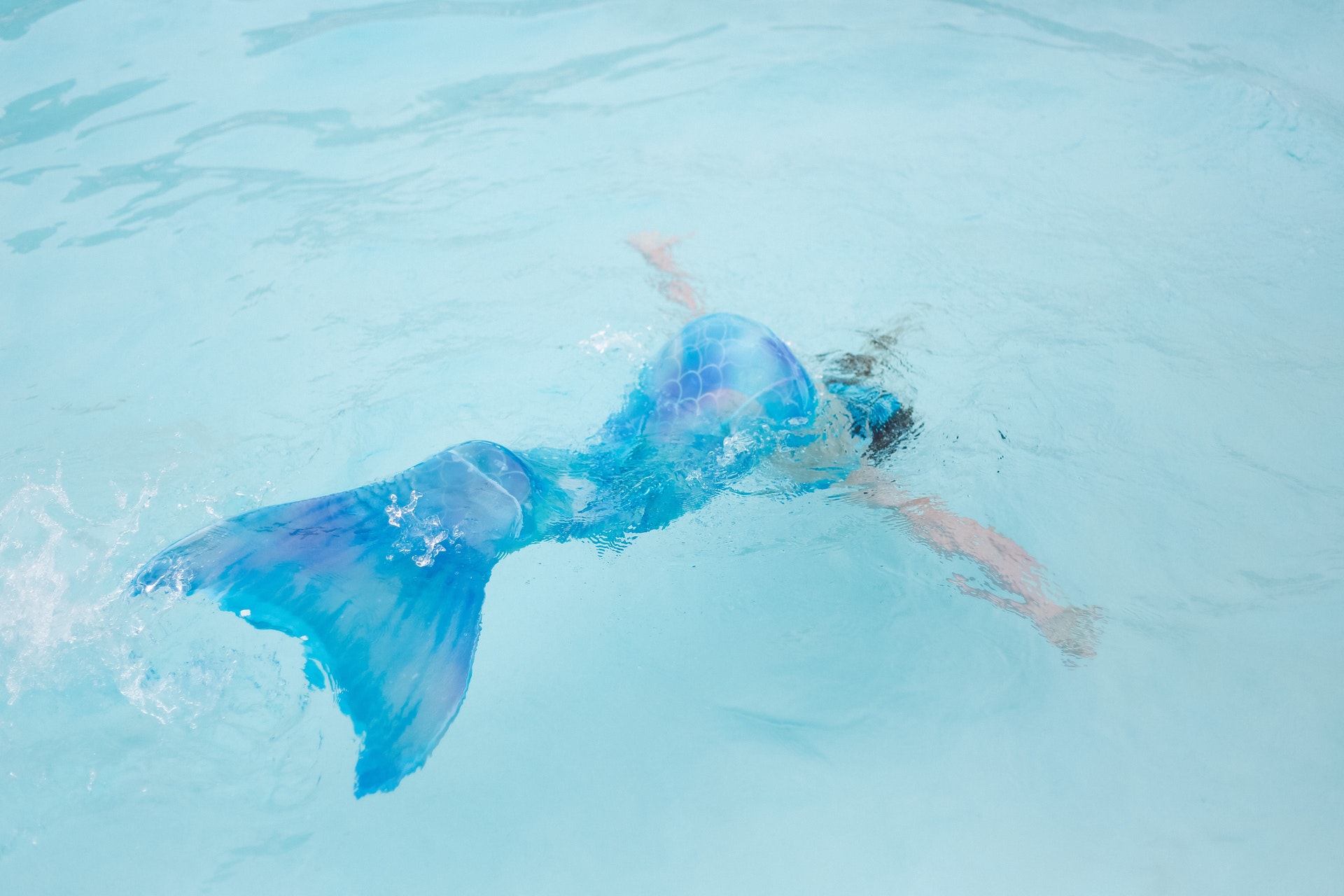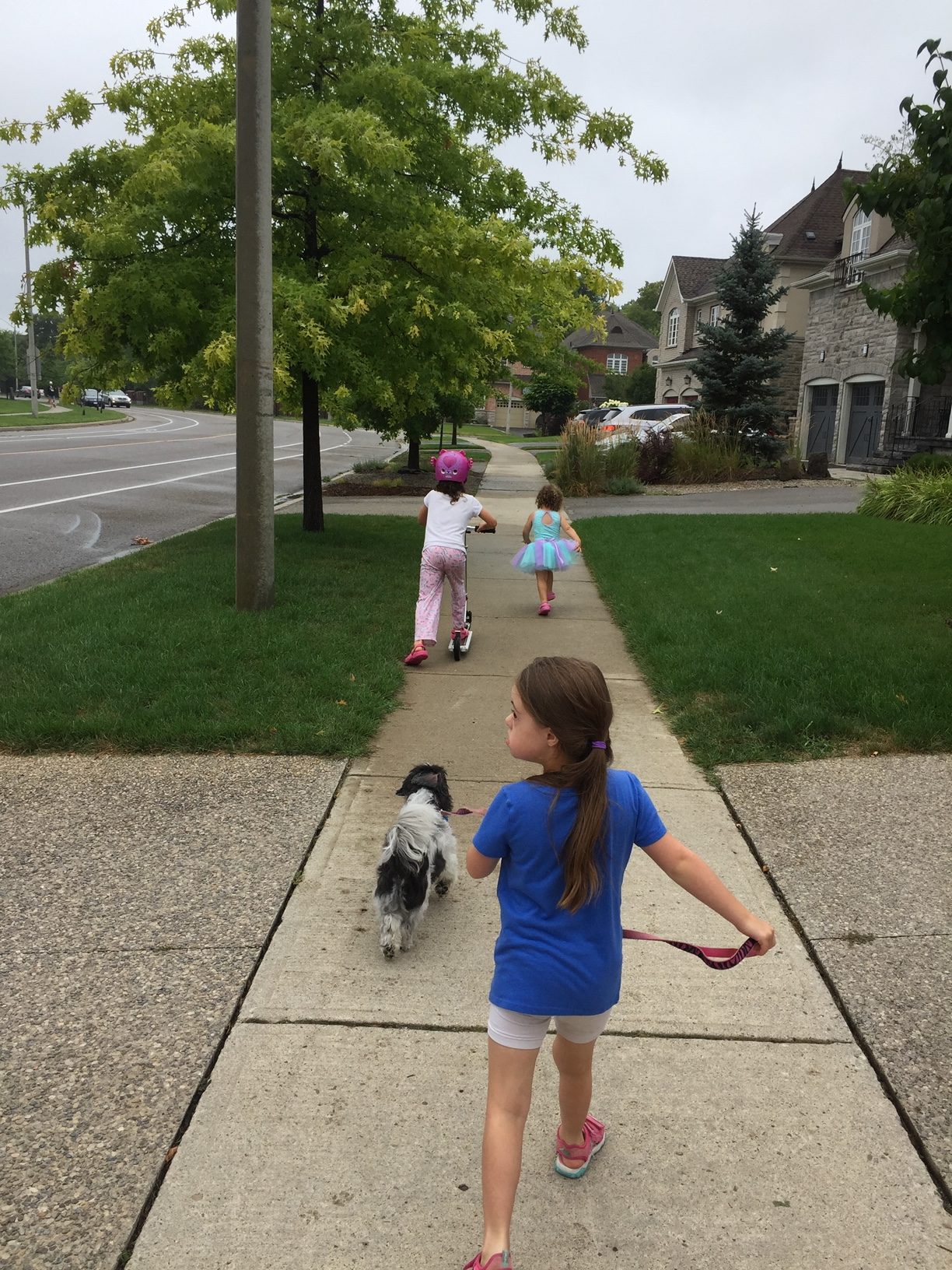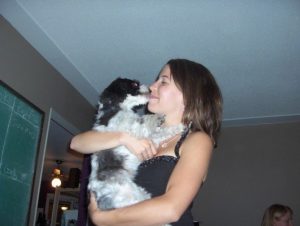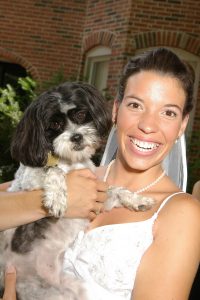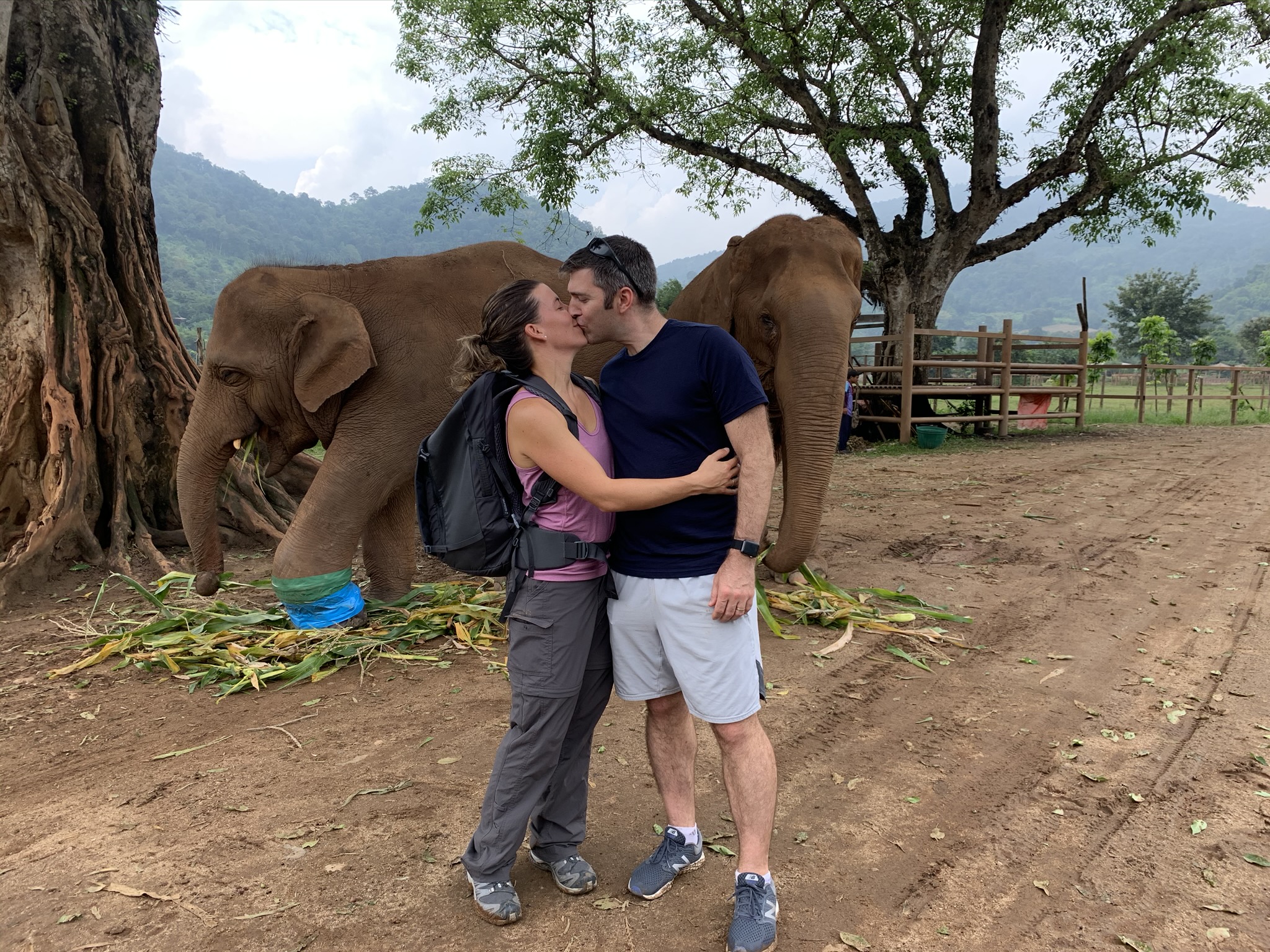Author’s Note: I wrote this as mounting tensions over Covid-19 were rising. I don’t want to appear insensitive or unaware of the current pandemic situation, but when life goes on – and regular life will go on – there will be other things to discuss and what follows is part of a dialogue from a conversation I’d like to have. Grab a chair and lend me your ear.
Why is it that certain service providers and businesses act like people with disabilities don’t exist?
If my daughter with Down syndrome wants to go to camp, and she needs some support to be there, whose responsibility is it to arrange and pay for that support? Without getting into the legalities, who do you think should have to do this? What feels right to you?
Written into the Ontario Human Rights Code under The Ontario Human Rights Commission:
“…service providers have a legal duty to accommodate the needs of people with disabilities who are adversely affected by a requirement, rule or standard. Accommodation is necessary to ensure that people with disabilities have equal opportunities, access and benefits. Employment, housing, services and facilities should be designed inclusively and must be adapted to accommodate the needs of a person with a disability in a way that promotes integration and full participation.”
I am no legal expert, but when I read that, I think, ya, businesses are supposed to be designed in a way that anticipates the range of human existence. The needs of people with Down syndrome should not be an afterthought.
I am no legal expert, and that is why I’m talking to a lawyer – who is – and will hopefully be able to give me a definitive answer to my camp question, regarding support, but I know what feels right and what doesn’t. And being told I would have to pay for a support person to accompany my daughter to camp definitely doesn’t feel right; it feels like a slap to the face. Like the person making the statement doesn’t know my daughter at all (because they don’t). Like the person is making assumptions and generalizations without asking any questions (because they are). Like society doesn’t care about inclusion. Like inclusion is a myth. There’s money I can access to pay for this support person, but then there will of course be less money for other more essential services, like speech therapy for example; but this is about more than money. My question isn’t just about who pays. The costs are much higher than that.
For a child with disabilities to be able to participate in a camp setting or community program, I view putting all of the onus on parents to provide that support as a lousy thing to do. If you send your typical kid to rock climbing camp, you aren’t expected to bring your own ropes and harnesses, which is what it takes to be able to participate in rock climbing camp. If we say we are an inclusive society, or if we truly want to be (which we should) then camps should hire extra staff to help meet the needs of kids with varying abilities. The best part of this approach is that every camper would benefit, and this my friends, is called ‘Universal Design’.
When I approach a new program for Elyse, I want to know what the business is doing on their end to accommodate my child, but I am also sure to ask what can I do? I don’t mind meeting halfway; I view any setting between a child and a care provider as a partnership, which means both sides have responsibilities. My responsibility is to help that setting get to know my child; their responsibility is to do the rest. Elyse does need some degree of support; but it’s all in the way an organization goes about offering it (or not).
Here’s a great example of a partnership that worked. Before the start of summer gymnastics camp, we signed Elyse up for a regular gymnastics class session so that she knew the staff, and they knew her. We then enrolled her in that same gymnastics club’s summer camp during a week that was less busy, because we had that flexibility, and in return, the club matched Elyse with a coach whose style and personality jived. The club was flexible in making sure Elyse’s needs were met without impacting the group dynamics or causing undue harm or hardship. She did not need a one-on-one support person, but what she did need was a mature coach and a group effort and consensus to keep an extra eye on her. The coaches did this because they are doing their very best to uphold the values of inclusion and the principles that when we support our most vulnerable and we are a community that looks after each other, then everyone benefits because everyone belongs.
Likewise, our community swim program has been phenomenal. Year after year, I contact them in regard to registration and mention that Elyse has Down syndrome. I then discuss Elyse’s specific needs, because – hello – not all people with Down syndrome are the same! I explain her needs, am flexibly on timing and then Halton Hills recreational staff make sure Elyse either has one-on-one or that there is a volunteer extra staff available to help her in a group setting should she need it. This has been at no extra cost to us. This inclusive set up makes us feel welcome and valued in our community.
But not every community program is so wonderful and not every camp knows Elyse and wants to help us out. The consensus across Ontario is not always a ‘we’, but often still an ‘us vs. them’ mentality. Friends of ours have mentioned they were turned away from daycares, for example, because their child has Down syndrome. Why is this happening? It shouldn’t be.
I now have the correct label for this phenomenon. I wrote about discrimination in another recent blog post, but that’s not exactly what this is. The proper term is ‘ableism’ and ‘ableist attitudes’.
From the Ontario Human Rights Commission (OHRC):
“Ableism may be defined as a belief system, analogous to racism, sexism or ageism, that sees persons with disabilities as being less worthy of respect and consideration, less able to contribute and participate, or of less inherent value than others. Ableism may be conscious or unconscious, and may be embedded in institutions, systems or the broader culture of a society. It can limit the opportunities of persons with disabilities and reduce their inclusion in the life of their communities.”
This, all of this, yes. Unfortunately, though steps have been taken to try and help bridge the gap, there exists a chasm between the abled and the disabled; the gaping hole that remains is in our attitudes towards those with disabilities. Sure, throw some money at us – the families who have children with disabilities – we will take it, but it is outdated attitudes and stereotypes that are weighing on us heavily and truly holding our children back.
Expectations, and the expectations we hold for individuals, matter. There is a slew of research on the impacts of our expectations in regard to outcome and performance, but what you need to know is this: when we believe that someone can do better, they do better. When we set our expectations high, individuals tend to perform better. When we set people with Down syndrome and their families up for success, by putting supports in place that do not cause undue hardship to families rather than just worrying about businesses, then society wins.
Do I want to see a business collapse under the weight of supporting my child? No. But that is so far from the case, regardless. Do I want to see a service, such as a camp, act surprised when I come knocking at their door with my child with Down syndrome? 1 in 800 Canadians are born with Down syndrome – why should anyone be surprised?
Again, from the OHRC:
“Ableist attitudes are often based on the view that disability is an “anomaly to normalcy,” rather than an inherent and expected variation in the human condition.”
People with Down syndrome have always existed. In every race, gender, socio-economic status and across time. For those who haven’t already, it is time for businesses and service providers to wake up and plan for the diversity of the children who will arrive at their doorsteps. Do not put undue hardship on families.
Maybe this is all too impersonal. Too preachy and utopian. I don’t think so. I know we can do better.
And here’s why we should.
Emily and I are giving a talk in a school. The kids absolutely love her and want to be around her. Emily is a former Special Olympian rhythmic gymnast with a sparkle in her bright blue eyes and a wit to match. After our talk is over, a kindergarten class fills the gym and the teacher pulls out a parachute. While I’m busy chatting, Emily, without missing a beat, joins in with the Kindergartens, shaking and lifting the parachute much to their delight.
On our drive home, I ask her why she did that – joined in at the parachute.
“Because,” she said, “I like to do that, and it’s been a while.”
How many adults do the things they really want to do when it comes to play? I aspire to be that person, but I don’t always succeed.
There are so many lessons to learn in the breadth of humanity. We need to be bringing more people in, hearing what they have to say, rather than keeping people out and turning them away. I have learned more from the experience of having my daughter Elyse than from any education a higher institution could provide. Some things – love, for example – cannot be measured or quantified or taught. Some things are mostly felt and there are certainly those individuals more equipped to teach us.
When it comes to supporting each other, building inclusive communities, and the attitudes that pervade, businesses and service providers shouldn’t be worrying about whether they’ve done enough to meet the status quo or minimum standards (though they should make sure they have done at least that) – but whether they can do more.

